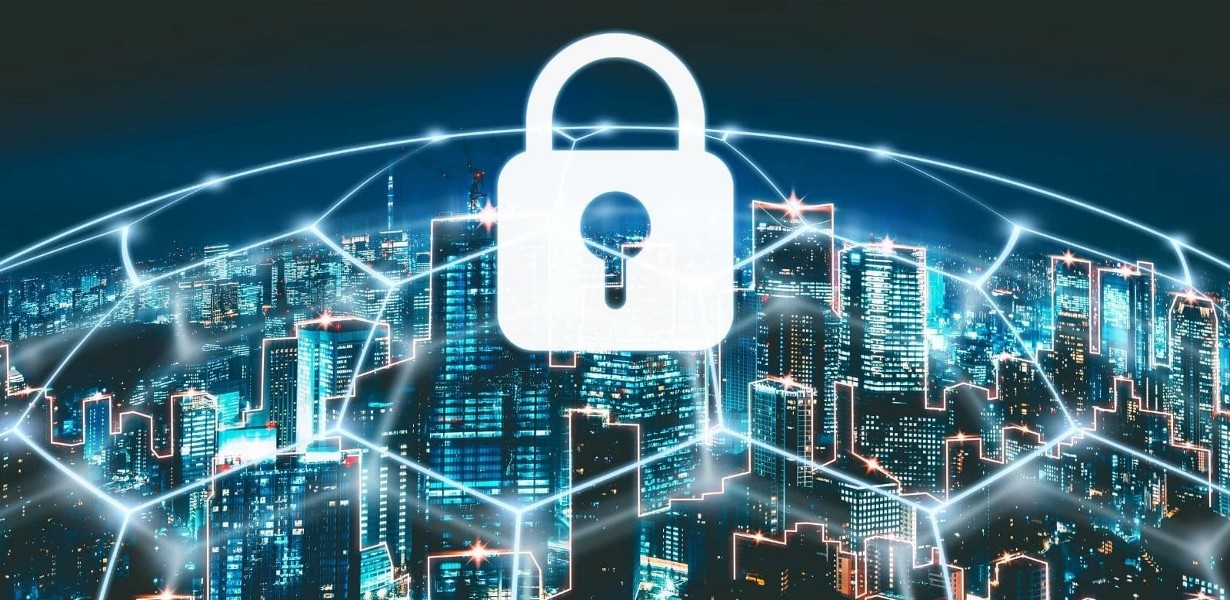
In the age of rapidly advancing technology, security has become a paramount concern for individuals and organizations alike. Biometric authentication, a cutting-edge approach to identity verification, has emerged as a powerful solution to bolster security measures. In this in-depth exploration, we delve into the intricacies of biometric authentication, uncovering its potential and addressing the critical aspects of security.
Understanding Biometric Authentication
Biometric authentication is a sophisticated method of identity verification that relies on unique biological and behavioral traits of individuals. This includes fingerprints, facial recognition, iris scans, voice recognition, and even gait analysis. By capturing and analyzing these distinctive features, biometric authentication offers an impenetrable fortress against unauthorized access.
The Evolution of Biometric Authentication
Historically, biometric authentication has come a long way. It has transcended from rudimentary fingerprint scans to advanced multi-modal systems that combine various biometric data for enhanced security. The evolution of biometrics has been rapid, aligning with the increasing need for foolproof identity verification.
The Crucial Role of Security
Security is at the core of biometric authentication. Unlike traditional password-based systems, biometrics cannot be forgotten, shared, or easily replicated. This makes it an ideal choice for high-security applications, such as online banking, access control, and even mobile devices.
Biometrics in Everyday Life
Biometric authentication is not limited to secure facilities and confidential data access. It has permeated our daily lives, from unlocking smartphones to clearing immigration at airports. This widespread adoption highlights its convenience and reliability.
The Technological Advancements
Recent technological advancements have propelled biometric authentication to new heights. Machine learning and artificial intelligence algorithms have made biometric systems faster, more accurate, and adaptable to changing environments. These innovations are key in ensuring the utmost security.
The Myths and Realities
As with any technology, biometric authentication is surrounded by myths and misconceptions. It’s essential to separate fact from fiction. For instance, some believe that biometrics are invasive and privacy-threatening. In reality, most systems are designed with privacy in mind and store biometric data securely.
The Challenges Ahead
While biometric authentication offers unparalleled security, it is not without challenges. One significant hurdle is the potential for false positives and negatives. This can be mitigated with continuous improvement in algorithms and hardware.
The Future of Biometric Authentication
The future holds even greater promise for biometric authentication. It’s anticipated that biometrics will play a vital role in securing Internet of Things (IoT) devices, healthcare records, and critical infrastructure. The integration of biometrics into various industries will redefine the way we protect sensitive information.
Ensuring Data Privacy
Data privacy is a concern that cannot be ignored. Biometric data must be handled with the utmost care. Regulations and standards, such as the General Data Protection Regulation (GDPR), are in place to ensure that biometric data is collected, stored, and used responsibly.
Final Words
In a world where security breaches and identity theft are all too common, biometric authentication stands out as a beacon of hope. Its ability to provide ironclad security, coupled with the constant evolution of technology, ensures a bright future. By embracing biometrics, we are not merely redefining authentication; we are fortifying the very foundations of security.
Commonly Asked Questions
1. Is biometric data safe from hacking?
Yes, biometric data is generally secure as it cannot be easily duplicated or stolen. However, the security of biometric systems also depends on how well they are implemented and the security measures in place.
2. What happens if my biometric data is compromised?
If your biometric data is compromised, you should report it immediately. Biometric systems can be reconfigured, and compromised data can be rendered useless with the right security protocols in place.
3. Can biometric authentication be used for e-commerce transactions?
Yes, biometric authentication is increasingly being used for online transactions, adding an extra layer of security to e-commerce platforms.
4. Are there legal protections for biometric data?
Yes, many countries have enacted laws to protect biometric data, and organizations must comply with these regulations when handling such data.
5. What are the limitations of biometric authentication?
Biometric authentication may have limitations in certain situations, such as when the user’s biometric data is unavailable (e.g., due to injury) or in noisy environments where recognition accuracy may decrease.
Advertisement







